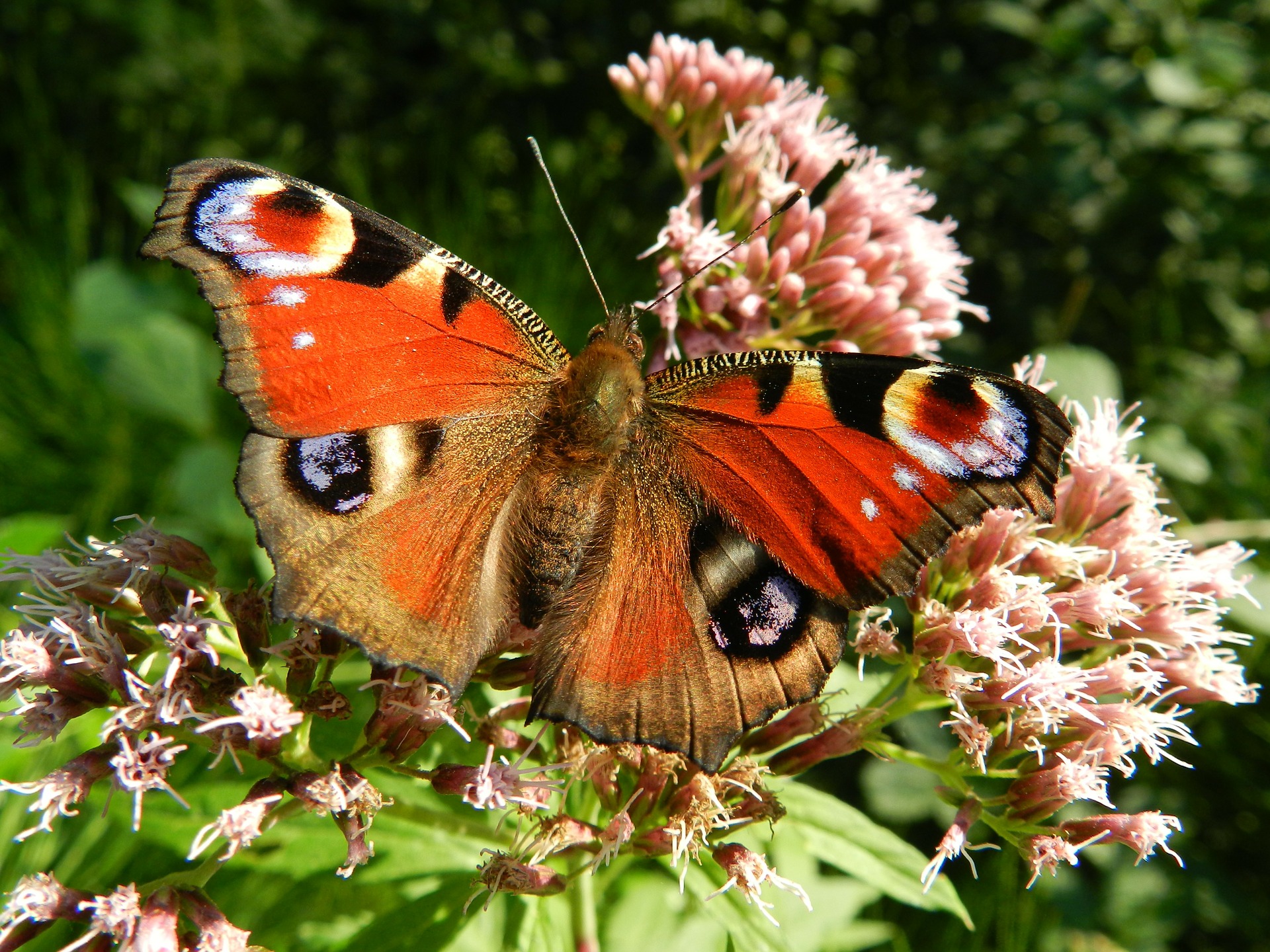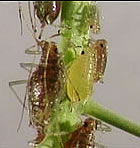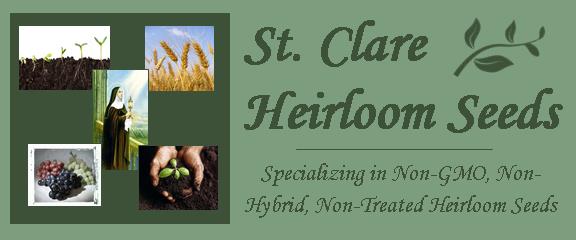
Learn your insects: Get rid of the bad, not the beneficials.
Learn your insects! Organic gardening doesn’t mean you have to  share your harvest with the bugs, but you will probably have less than pristine looking plants and produce. Since in organic gardening you are trying to garden in cooperation with nature, sometimes you have to accept the occasional pest in the garden, not taking the typical line of attack that has been popular in recent generations of grabbing the nearest pesticide. Your first line of defense should be vigilance. Inspect your plants regularly for signs of a problem and take organic methods of action quickly. Keep in mind, though, not every insect is a foe and that action doesn’t necessarily mean pesticide. Just picking bugs and eggs off plants and putting them in a bucket of soapy water is frequently a first step for organic gardeners. Learn which are the beneficial insects and keep them around, they will help do your work for you, getting rid of pests.
share your harvest with the bugs, but you will probably have less than pristine looking plants and produce. Since in organic gardening you are trying to garden in cooperation with nature, sometimes you have to accept the occasional pest in the garden, not taking the typical line of attack that has been popular in recent generations of grabbing the nearest pesticide. Your first line of defense should be vigilance. Inspect your plants regularly for signs of a problem and take organic methods of action quickly. Keep in mind, though, not every insect is a foe and that action doesn’t necessarily mean pesticide. Just picking bugs and eggs off plants and putting them in a bucket of soapy water is frequently a first step for organic gardeners. Learn which are the beneficial insects and keep them around, they will help do your work for you, getting rid of pests.
Barriers can be a huge help with seasonal damaging insects, moths, etc.
Floating row covers prevent moths and other insects from landin g and laying eggs. Yellow sticky traps can easily catch dozens of flying pests. Foil, coffee can, or PVC pipe collars around the base of plants can stop cut worms and many borers in their tracks.
g and laying eggs. Yellow sticky traps can easily catch dozens of flying pests. Foil, coffee can, or PVC pipe collars around the base of plants can stop cut worms and many borers in their tracks.
Use diversity to your benefit. Inter-planting can help prevent total crop loss to pests. Learn companion plants.
Inter-planting and diversity will protect you from losing an entire crop to an infestation. Large swaths of a single plant are pretty, but are also a landing strip for interested insects. If you mix up your  plants then a pest attracted to a certain plant may not find all of that variety and you’ll still end up with at least part of your harvest. When inter-planting it’s a great idea to look into what plants go well together, and even what ones do not, to maximize the health and yield of your plants. Companion planting is another organic method of helping your plants to do their best. Learn your insects and organic gardening will become easier.
plants then a pest attracted to a certain plant may not find all of that variety and you’ll still end up with at least part of your harvest. When inter-planting it’s a great idea to look into what plants go well together, and even what ones do not, to maximize the health and yield of your plants. Companion planting is another organic method of helping your plants to do their best. Learn your insects and organic gardening will become easier.


Just wondering about the Squash bug, any suggestions for that, it ruined my entire pumpkin and Zucchinii plants this summer.
Ugh! Squash Bugs and vine borers can be soooo destructive!
We haven’t had a whole lot of personal experience with squash bugs. We had them really bad one year, and then not so much any other years for some reason. We have found a couple of articles with good ideas, and if we have a problem with them again, we are eager to try out some of these methods. 🙂 Linking the articles here so you can try some and see if they help, the second and third link have helpful recipes for sprays for other kinds of pests, too!
How to Get Rid of Squash Bugs Naturally & Permanently
How to Make Your Own Garden Pest Sprays–MORE RECIPES ADDED!!
Natural Pest Control & Organic Spray Recipes
Hope this helps!